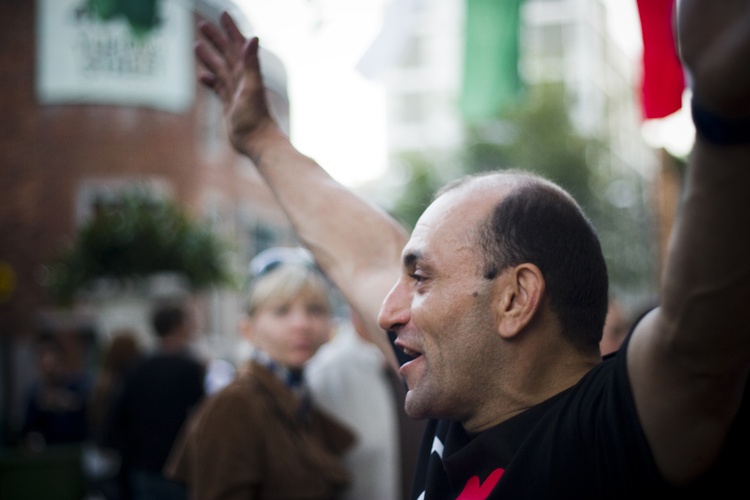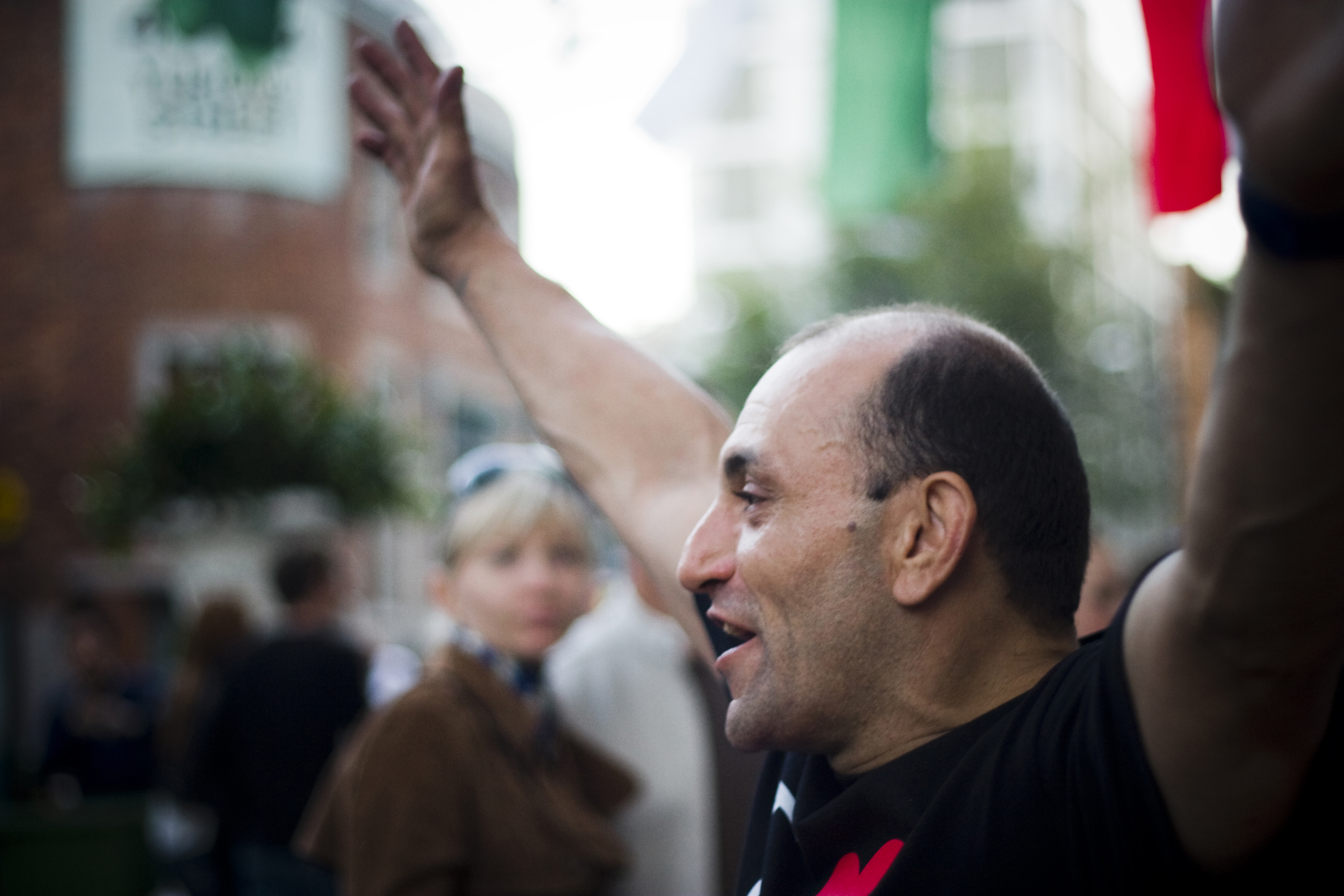Coming in behind Mandarin, Arabic, Cantonese and Vietnamese, 271,602 people spoke Italian at home in 2016, according to data collected by population consultancy .id.
But this number has severely dropped from 2001, when 353,229 people were counted as speaking Italian at home.
That means that over 15 years, 81,627 less people were practicing la bella lingua at home.
From being the most spoken non-English language in 2006, to fifth overall, it seems that the Italian language has begun its decline in Australia.
Experts say that the decline is largely due to post-WWII Italian immigrants passing away, leaving behind generations which retain a strong Italian culture but who have transitioned to largely speaking English at home.
The number of at-home Greek speakers in Australia has also dropped, but experts say the decline has been less, due to a number of all-Greek schools in operation.
These figures shouldn’t be taken as cause for despair, but a boost in the right direction for second and third generation Italians to keep their language alive.
Phoebe Moloney is one ’90s kid who grew up with a strong sense of her Italian culture around her, but without the knowledge of language.
“I grew up with the sense that I am Italian and that the experience of my grandparents and mother as first-generation Australians was really important in shaping the relationships in my family, their political perspectives and how we celebrate our lives together,” she says.
“I feel like we have combined the best things from Italian and Australian cultures.”
But the language element was missing.
Phoebe’s grandmother migrated to Australia from Friuli-Venezia Giulia in 1928.
Being five years old at the time, Nonna Lena spoke Italian and Friulian dialect, but these were largely lost as she integrated into Australian society.
Phoebe explains how she was inspired to begin studying Italian language when she was in her adolescence.
When she was 16 she won a scholarship to an international school in Duino, where she was able to study alongside an amazing array of international students, while practicing and improving her Italian in the very region her nonna had come from.
The desire to reconnect with the mother tongue is not uncommon in the newer generations of Italo-Australians.
Phoebe’s cousin also returned to spend more than two years in Italy, travelling and practicing her language skills.
She returned to her Italo-Australian family with the spark of their reawoken knowledge in tongue.
There has been a recent spike in new Italian immigrants in Australia, who arrive having snapped up working holidays visas left, right and centre.
It’s expected that Italian language levels at home will eventally increase following the new wave of migration.
But for those Italo-Australians already in Sydney, and with a desire to reconnect with their mother-tongue, there are a number of interesting options.
There is one Italian bilingual school in Sydney, which has its campus at Meadowbank and follows a unique model of doing some classes in English and some classes in Italian language.
“The Italian Bilingual School promotes bilingualism and excellence in a creative and collaborative school’s milieu,” IBS Principal Silvia Onorati says.
“IBS inspires passion for lifelong learning and equips all students with the skills and experience to become active, bilingual, informed and engaged global citizens.”
CO.AS.IT. is another important organisation which has been assisting the Italo-Australian community in Sydney for over 50 years.
CO.AS.IT. provides Italian language classes to adults and children both during and after school, Italian language resources, bilingual storytime for children, customised Italian language classes for business, language certification and professional development opportunities for teachers.
Another important organisation is the Dante Alighieri Society, which was established by Tommaso Henry Fiaschi in 1896, and runs fantastic Italian language courses worldwide.
There’s also the Italian Cultural Institute for assisting with immersion, plus many clubs which are Italian focused and conducive to language practice, including the Italian Made Social Motoring Club (if you’re into cars)!
Or hop on Couchsurfing and find a buddy for language exchange, and keep reading the Italian print editions of La Fiamma!












